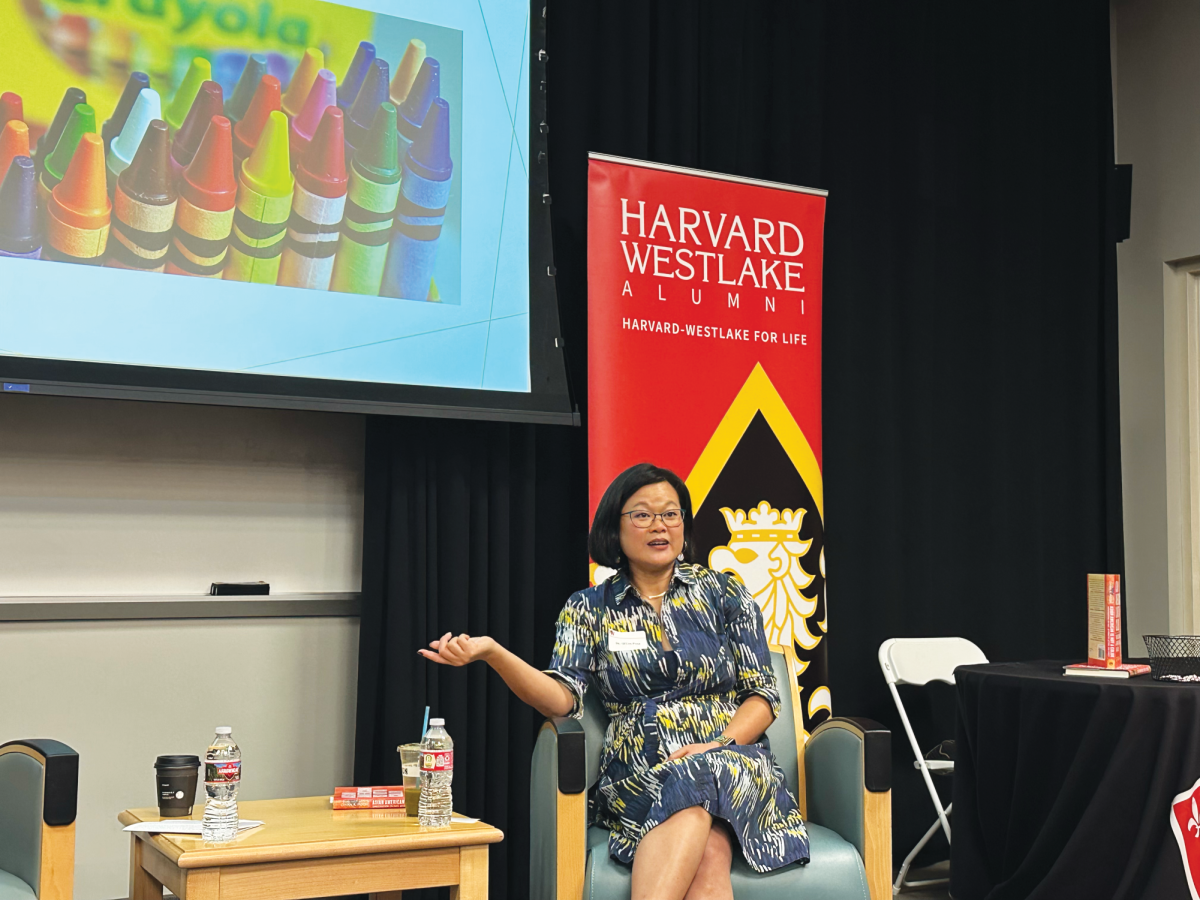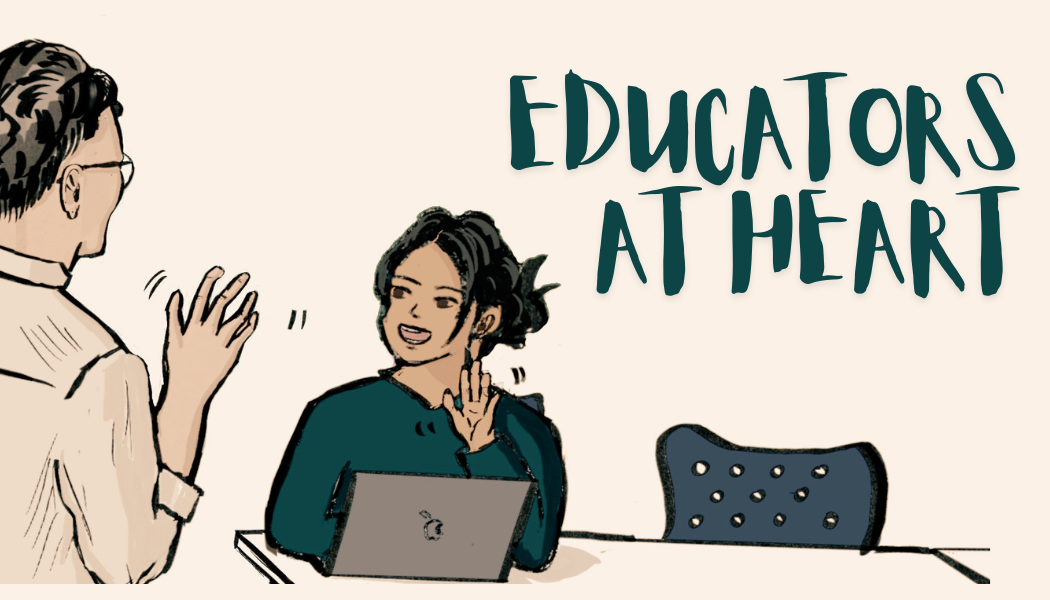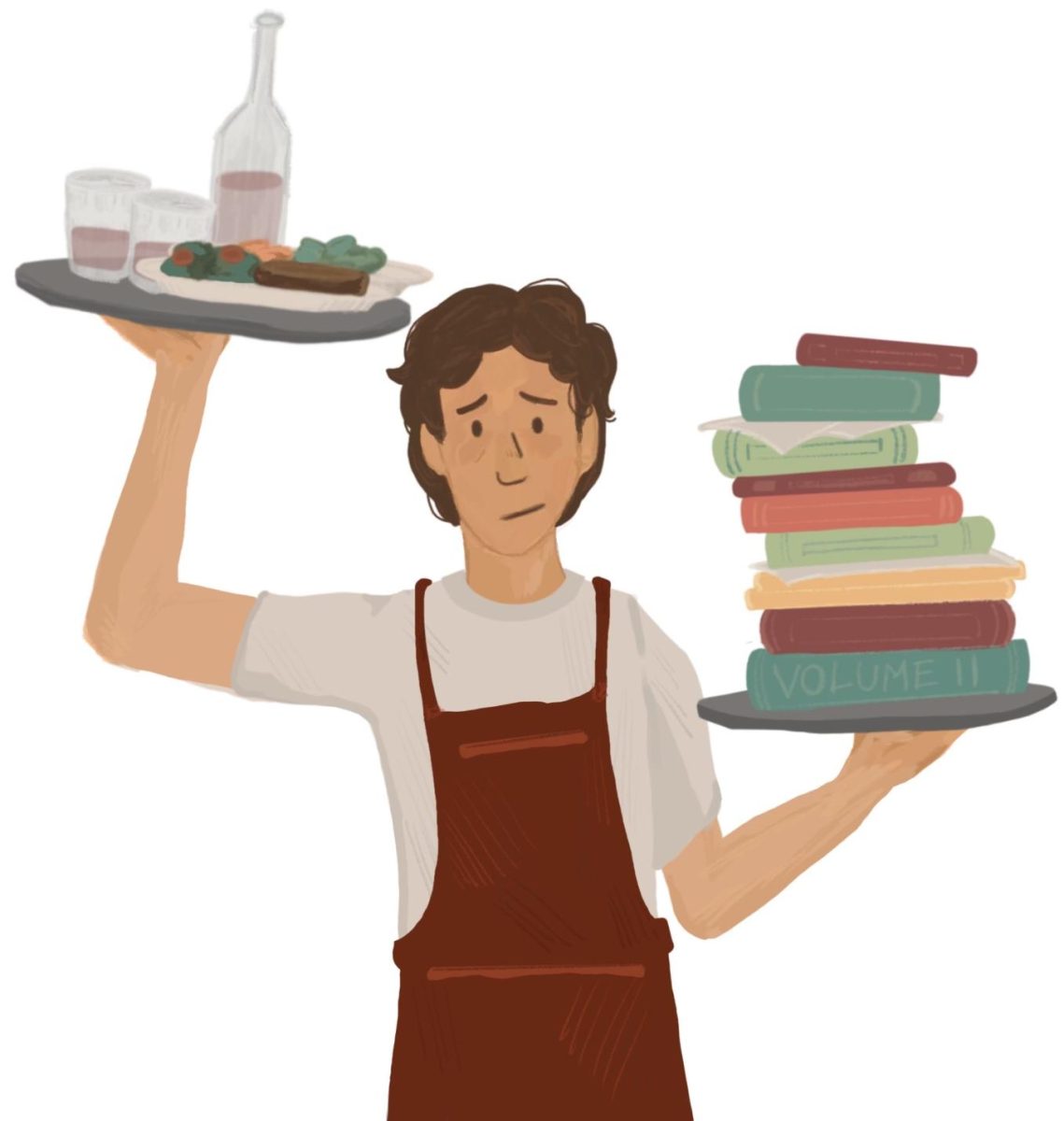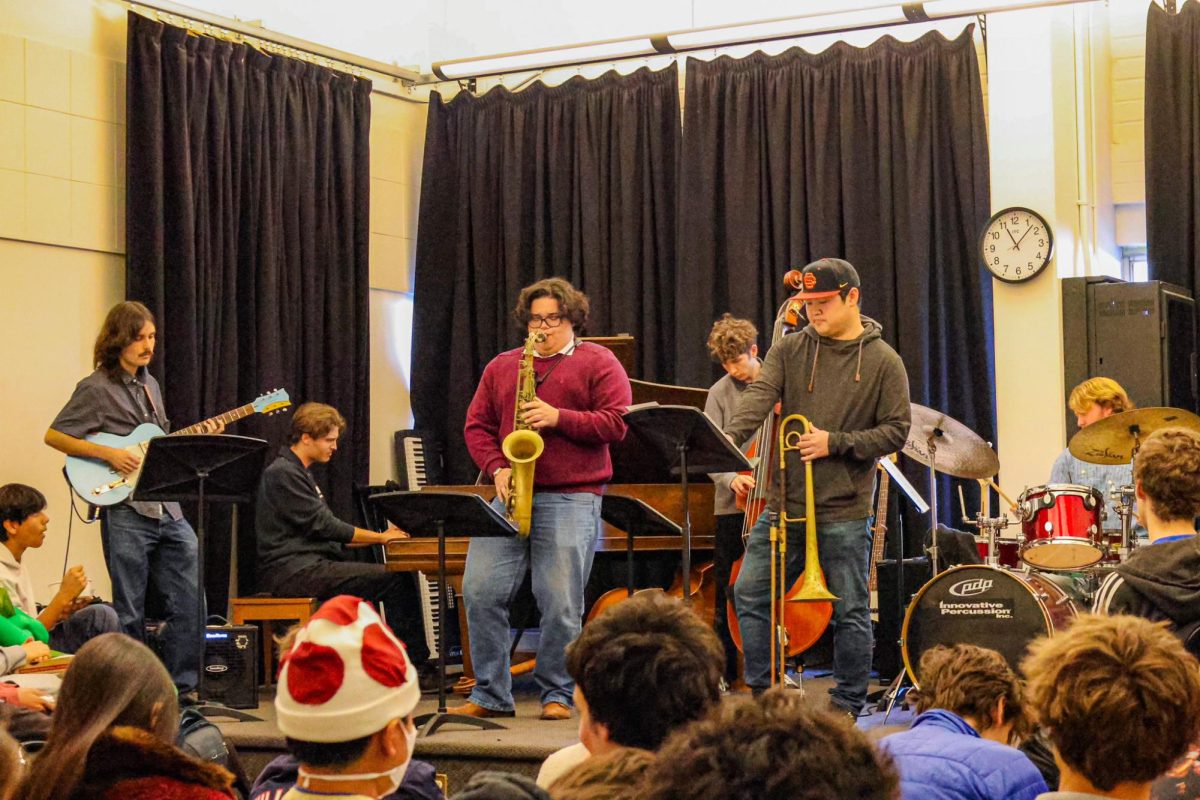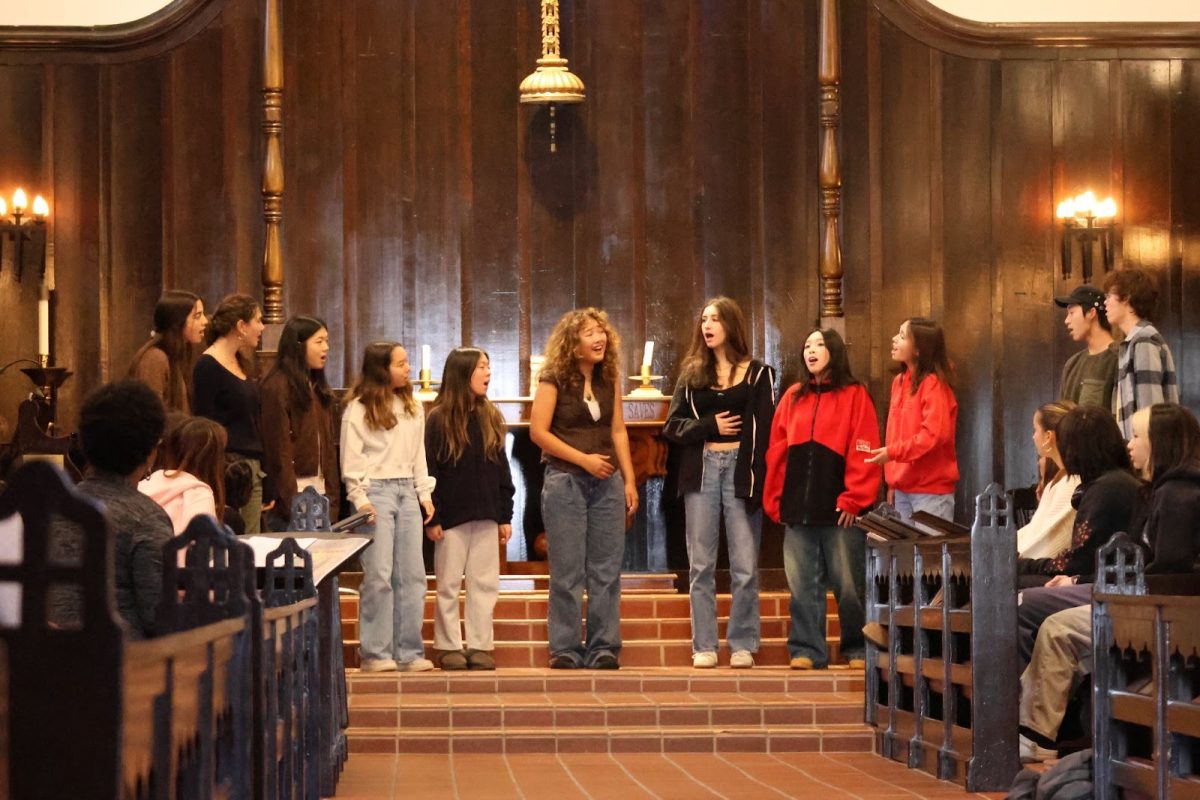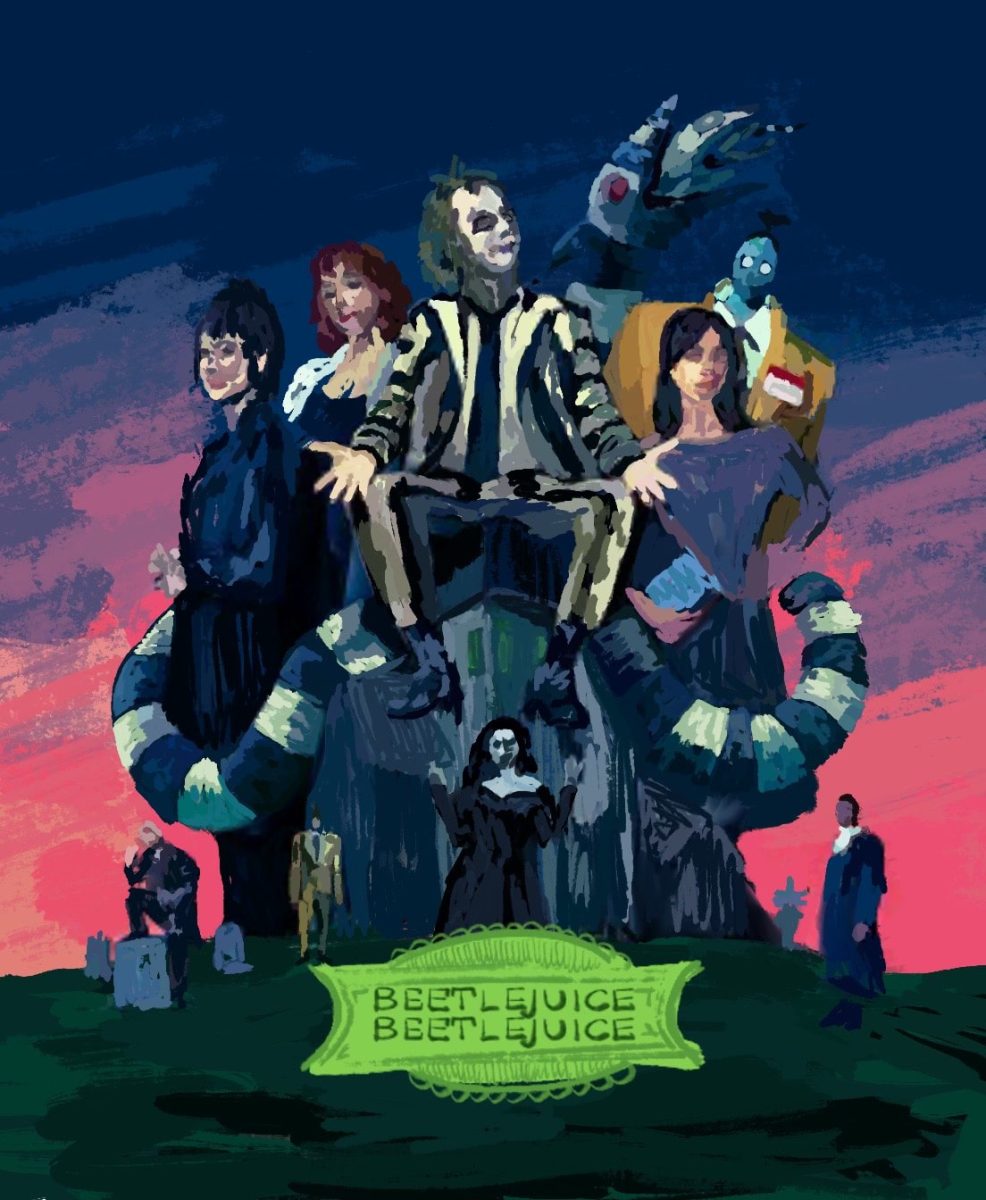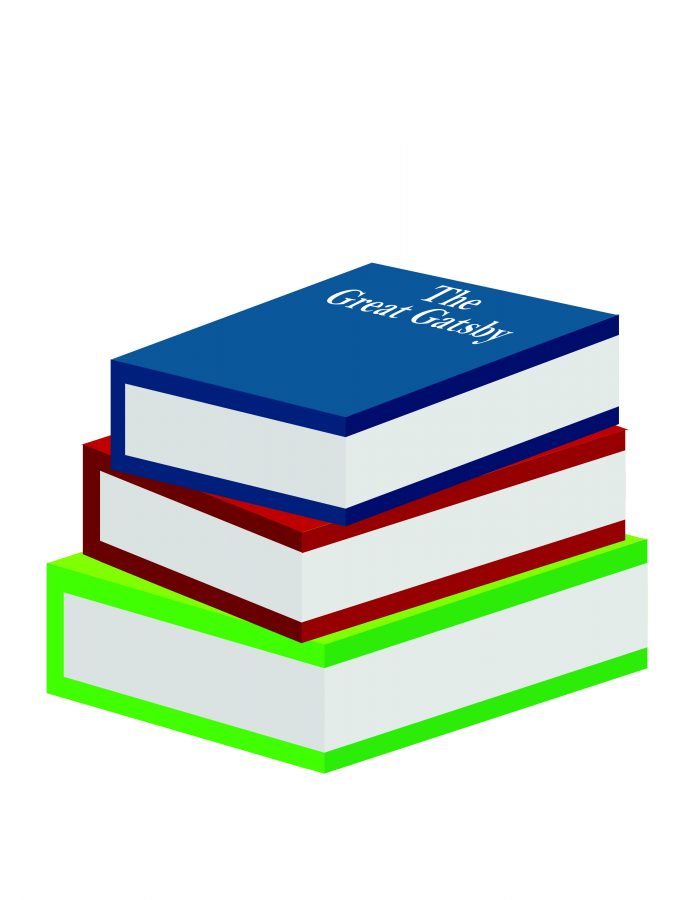I sat at home with my book, eyelids drooping as I desperately tried to finish the assigned chapter. The book told the same story, with the same characters and the same words. So why did reading it for school feel so different than when I read it over the summer?
In July, it was “The Great Gatsby,” a captivating American classic that transported me to West Egg, where twenties jazz echoed through the hot summer nights. When I read it a week ago for English class, it was “The Great Gatsby,” a mystery about what the essay would be about and a tragedy about the grade I would get on it.
Reading for pleasure is an essential part of a fulfilling life and a hobby that often goes highly underappreciated. Though assigned reading and analysis is a crucial skill to develop, it is not a sufficient substitute for leisure reading.
When students read for pleasure, they do so unburdened from the anxiety of school. Rather than viewing a novel as a textbook to study, they can see it as a story, following its twists and turns, empathizing with the characters and reading the book as it was meant to be read. Not only does reading for pleasure provide a liberating experience, but it is also beneficial to cognitive skills and health.
According to a 2013 Stanford University study, more blood flows to the brain when students read, stimulating its inactive areas. Additional reading also boosts vocabulary, which can increase confidence and lead to higher test scores.
Reading for leisure is not just a way to increase how much students read; it can also broaden the scope of their knowledge. To some students, having a preselected curriculum of books is stifling. When talking with my friends, many tell me that they would enjoy reading science-fiction, philosophy or historical texts. The school does its best to fit all varieties of books into the reading list, but at the end of the day, there is only so much time in the school year, and many great books and genres are left unread.
It is so rare now to read just for the sake of reading that when I brought a book from home onto the bus a few weeks ago, I got strange looks from everyone around me. One of my friends laughed and said, “You actually read for fun?” It was just a joke, but his reaction was representative of how recreational reading is viewed today. To many students, reading a book for fun is last on their list of things to do, if it even makes the list at all. As the school year progresses, responsibilities only grow. Nobody is going to sacrifice studying or valuable sleep for reading a book, nor should they. But many times, I have found myself, as I am sure many others have, looking at my phone for hours, pushing my work off until late at night.
Students would benefit from substituting the time lost flipping through apps while studying for flipping pages after they are done. They will not only be more productive, but they will also be sharper the next day, their brains will be stimulated and refreshed for the day of work.
In the fast moving and hectic world we live in, it is important to take a moment to sit down and read — to travel to Kurt Vonnegut’s mystical land of San Lorenzo, Gabriel García Márquez’s turbulent town of Macondo, Homer’s fierce Aegean sea and countless other unfamiliar worlds. Now would be a perfect time to pick up a book and start.

